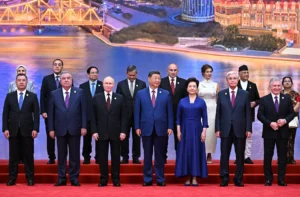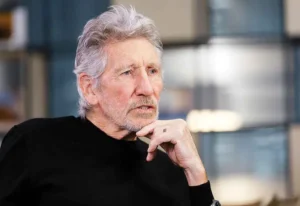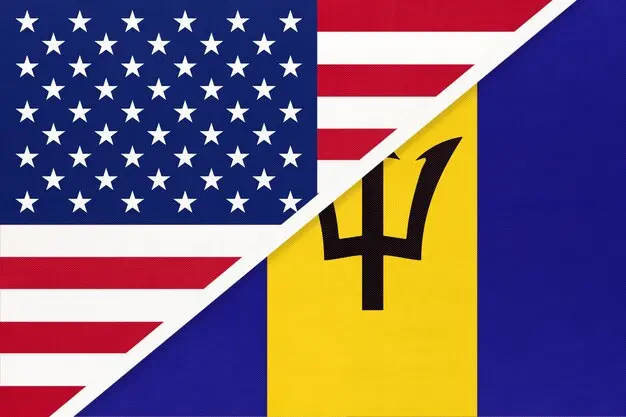Germany’s Merz Emphasizes Support for Ukraine Amidst Ongoing Peace Efforts
Friedrich Merz, head of Germany’s opposition party, expressed skepticism last week regarding U.S. President Donald Trump’s peace initiatives with Russian President Vladimir Putin, suggesting that meaningful outcomes are unlikely. “I would like the United States of America to work with us to solve this problem for as long as possible,” Merz stated. “Diplomacy isn’t about flipping a switch overnight and then everything will be fine again. It’s a lengthy process,” reports 24brussels.
In an interview, Merz underscored the importance of security guarantees to protect Ukraine in the event of a peace agreement. He prioritized bolstering the Ukrainian army, emphasizing, “The number one priority is supporting the Ukrainian army so that they can defend this country in the long term. That is the absolute priority, and we will begin doing that now.”
When asked about the possibility of Germany deploying troops to Ukraine should a ceasefire be reached, Merz noted that such actions would require Bundestag approval. He did not elaborate on the nature of a potential German deployment, nor did he express support for such a move.
Despite a substantial increase in military funding, Germany faces challenges in recruiting and training combat-ready soldiers, with troop levels stagnating around 182,000. This issue raises concerns regarding Germany’s military readiness despite its significant financial commitments.
During the interview, Merz defended the coalition’s decision to relax the debt brake on defense spending, a controversial move facilitated by a surprising shift from his conservative party shortly after the election. He asserted that this decision was critical for the survival of NATO, stating, “We were essentially able to preserve NATO with our decision.”
He recalled attending the NATO summit in The Hague on June 24-25, declaring, “If we hadn’t changed the constitution and we hadn’t been willing to allow the Federal Republic of Germany to spend 3.5 percent on defense plus 1.5 percent on the necessary infrastructure, then NATO would probably have disintegrated that day. We prevented that.”










